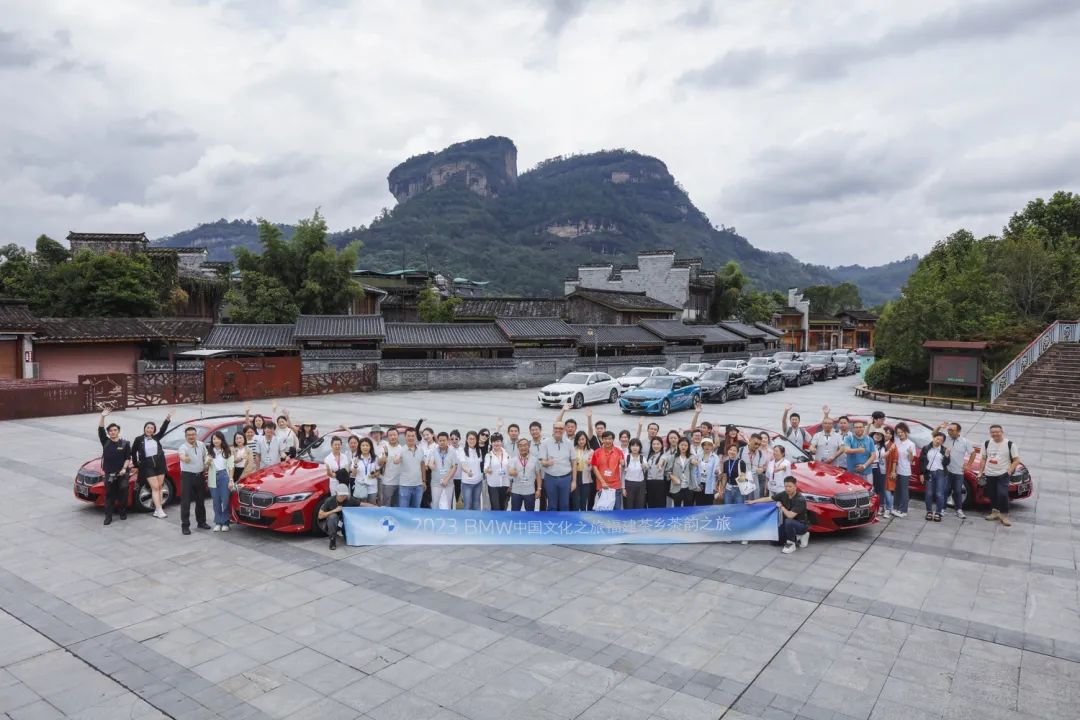BMW embarks on a journey of tea fragrance and culture in China
Recently, the "BMW China Culture Journey - Tea Country, Tea Essence" officially set off in Wuyishan City, Fujian Province. Following the successful Heritage Conservation Innovation Exhibition in February and the launch of the "BMW China Culture Journey Traditional Handicraft Cultural and Creative Design Competition" in June, the "BMW China Culture Journey" continues its series of actions to pay tribute to the 20th anniversary of the UNESCO Convention for the Safeguarding of Intangible Cultural Heritage. Through cultural preservation initiatives, the journey aims to contribute to sustainable development.
During this year's cultural journey, BMW delves into the tea culture and Chinese ceramics in Fujian, China's tea country, to experience the concept of "harmony between man and nature" and its role in sustainable development. The initiative will also provide sponsorship for traditional craftsmen from Fujian to participate in the "BMW China Culture Journey Traditional Handicraft Cultural and Creative Design Competition." This includes various traditional craft cultures such as lacquerware, ceramics, bamboo weaving, paper-making, and textiles. Additionally, the brand has created customized regional routes to engage dealers, employees, and car owners in exploring tea culture activities that incorporate the unique characteristics of each region. Through a series of themed events, the project aims to involve more social forces in rural tourism and rural revitalization, fostering the learning, experience, and dissemination of China's outstanding traditional culture.
©BMW China
Since the project's inception in 2007, BMW's "China Culture Journey" has visited 24 provinces and municipalities, six national-level cultural and ecological protection areas, and more than 400 intangible cultural heritage items. Over the past 17 years, BMW has consistently focused on the conservation and inheritance of intangible cultural heritage, leveraging cultural preservation to promote sustainable development, making sustainable development more humanistic, and contributing to the global dissemination of Chinese culture.



